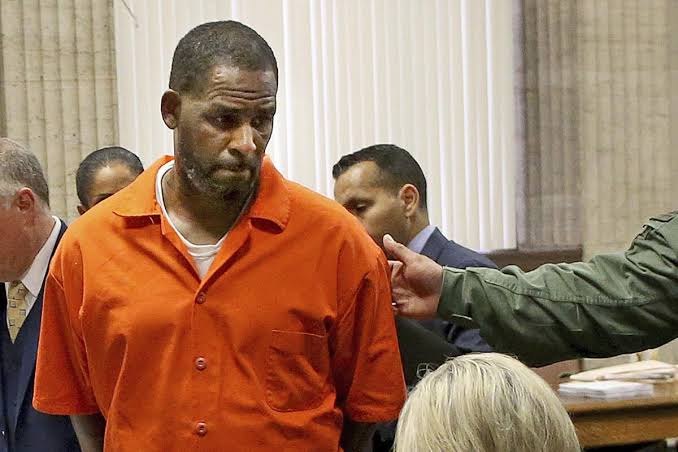The 2023 Nigerian Electoral Process: A Tale of Systemic Failure
A Deep Dive into the Controversial INEC Conduct and its Impact on Democracy

In the wake of the 2023 general elections in Nigeria, a wave of controversy has swept across the nation, casting a shadow over the integrity of the Independent National Electoral Commission (INEC). The election, held on February 25, 2023, has been marred by allegations of sabotage, manipulation, and a lack of transparency, leading to widespread distrust among the populace.
The INEC, a public body established by law, is bound to work according to the law. However, critics argue that the commission has failed to uphold its mandate, leading to a crisis of confidence in the electoral process. The most contentious issue revolves around the INEC’s Integrated Voter Registration System (IVRS), also known as the Beavers machine. The system, which was touted as a game-changer for the electoral process, has been accused of being deliberately sabotaged, leading to inconsistencies in the uploading of results.
The INEC reported a glitch in the IVRS during the election, which critics argue was a deliberate act of sabotage. The glitch reportedly affected the uploading of the presidential election results, while the results for the House of Representatives and Senate were uploaded without issue. This has led to accusations of a predetermined outcome, undermining the credibility of the election.
The controversy surrounding the 2023 election has been further fueled by the INEC’s handling of the situation. Critics argue that the commission has failed to provide a satisfactory explanation for the glitch, leading to further distrust. The INEC’s lack of transparency and accountability has been a major point of contention, with critics calling for a thorough investigation into the matter.
The fallout from the 2023 election has raised serious questions about the future of democracy in Nigeria. The perceived failure of the INEC to conduct a free and fair election has led to calls for reform, with critics arguing that the current system is not fit for purpose. The controversy has also highlighted the need for greater transparency and accountability in the electoral process, with critics calling for the INEC to be held to account for its actions.
The 2023 Nigerian general election has exposed deep-seated issues within the country’s electoral system. The controversy surrounding the INEC’s conduct has undermined public trust in the electoral process, casting a shadow over the future of democracy in Nigeria. As the country moves forward, it is clear that significant reforms are needed to restore confidence in the electoral system and ensure the integrity of future elections.



















